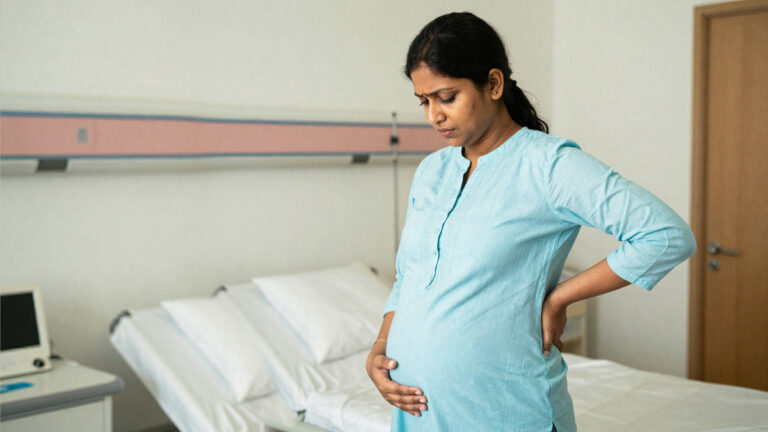Introduction
Obesity is a common problem for men and women for several reasons. Now, what is obesity? Obesity is an accumulation of excessive fat in the body. The problem is not just cosmetic but also a health condition. Generally, a person with BMI greater than 30 is considered obese, and between 25-30 is considered overweight.
Men and Women with high BMI or those in the obese category may face infertility. A high BMI can inhibit regular ovulation in women. The chances of conceiving also may reduce considerably. Obesity may also result in unsuccessful in vitro fertilization (IVF). Let us understand the challenges men and women face during pregnancy due to overweight/ obesity.
Does obesity affect egg quality?
Obese women usually undergo menstrual dysfunction, which leads to infertility. Obesity can lead to hormonal disorders and PCOS (polycystic ovary syndrome). Obese ladies may also suffer from ovulation problems.
In some cases, obese women may ovulate, but the quality of eggs may reduce. Research and studies indicate that each unit of BMI above 29 reduces the chances of pregnancy by 4%. This means the conception rate decreases significantly. Women may face challenges in oocyte maturation because of poor metabolism due to obesity/ overweight. Obesity leads to elevated insulin levels, and fatty acids and impacts the reproductive competence of the oocyte.
Even if obese ladies conceive, there can be other complications like miscarriages, pregnancy complications, and many more.
Does being overweight affect male fertility?
Being overweight or obese is a common problem that affects fertility in men also. Studies reveal that obese/ overweight men have more chances of low sperm count. There are high chances that they may produce no sperm. Being overweight can lead to hormonal imbalances. Male obesity may cause Sperm count reduction, motility, damage to sperm DNA, and there could be changes in the reproductive hormones. Excess weight increases body heat and increases estrogen, which adversely impacts sperm quality. All these factors impact fertility in men. Reduction of weight can undoubtedly improve fertility in men.
Getting pregnant at 40 and overweight
We have discussed the various adverse factors that directly impact fertility due to overweight problems. The problem gets even worse if someone is in their 40s and overweight. In the 40s the fertility rate decreases and if someone (male or female) is overweight, the chances of conceiving diminish. If you are over 40, and you have planned a family, then you must lose weight before getting pregnant. A healthy weight and BMI will reduce many complications even if you are 40+.
Overweight pregnancy symptoms
Even when obese patients get pregnant, there are chances of other complications. The complications may extend to the baby also.
There are increased chances of miscarriage, stillbirth, Hypertension, Low birth weight, congenital anomalies and long term complications to the children like childhood obesity syndrome. The doctors may also face issues in doing ultrasound tests on you. Having too much fat may cause an obstacle for the doctors to see the baby during an ultrasound test. Doctors may also find it challenging to check the baby’s heartbeat.
Moreover, overweight/obesity may also lead to gestational diabetes. You have to get a glucose test to ensure that you don’t have gestational diabetes. Overweight pregnant ladies also may have sleep disorders. Apart from the pregnancy complications, an overweight / obese woman may also face labor and childbirth complications issues.
Conclusion: Obesity and overweight can cause serious health issues in males and females. When you plan to have a baby, get all your medical tests done to rule out any medical conditions. In case of any medical conditions, please consult a doctor and get them under control. Consult a good dietician and get your weight under control. This will eliminate most of your overweight/obesity-related problems during pregnancy.
A little weight loss can improve fertility. You should exercise adequately and maintain a healthy weight gain. If you maintain your ideal body weight, you will have hormonal balance and a healthy pregnancy. To conclude, obesity certainly reduces the chances of pregnancy.








